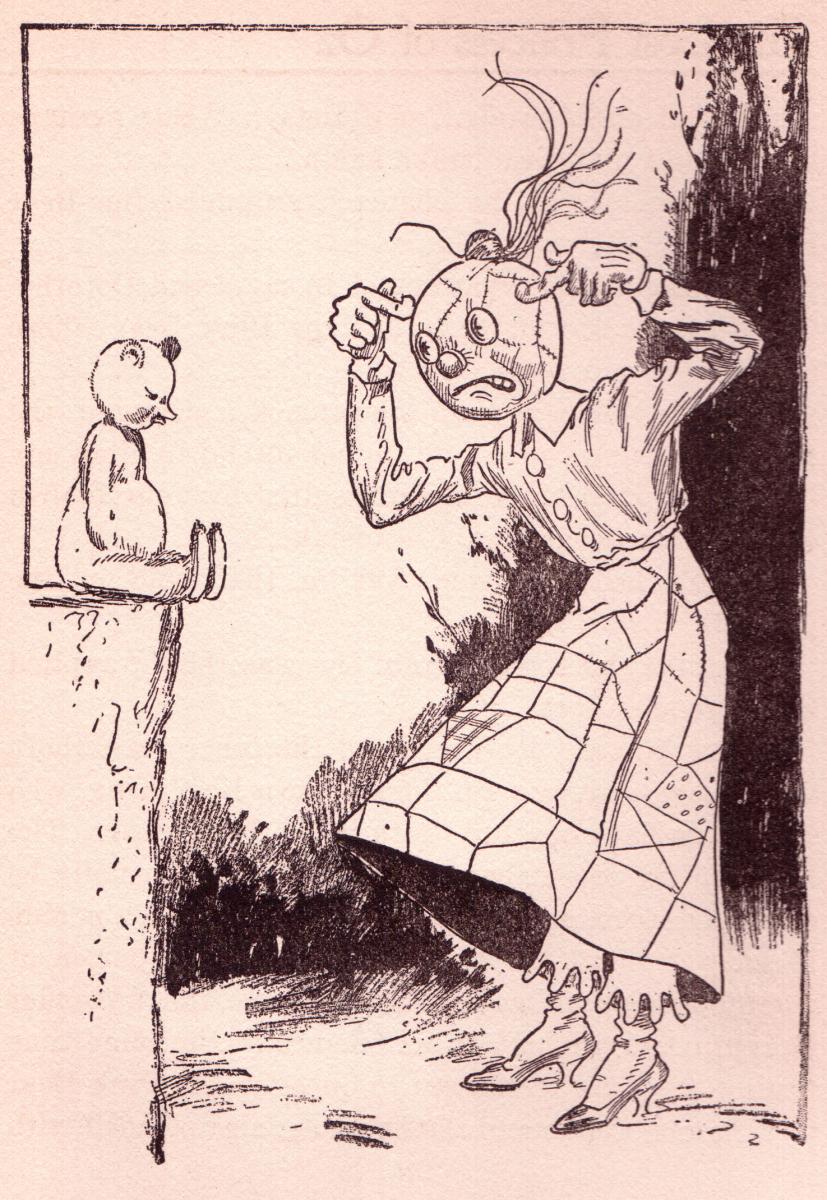 Can language help you tell the difference between scientists and science deniers? That’s what researchers Srdan Medimorec and Gordon Pennycook sought to test in the article summarized here, which presents some analysis about the language used by the Intergovernmental Panel on Climate Change (IPCC) and the Heartland Institute’s Nongovernmental International Panel on Climate Change (NIPCC). Specifically, the researchers wanted to see how these organizations’ reports, both of which were really long and highly technical, used emotion and certainty. I’m all about the language of science, from the ways it can add clarity to the ways it can raise barriers and create misunderstandings. This article reminded me that scientific language has other distinctive characteristics: its caution and lack of emotion.
Can language help you tell the difference between scientists and science deniers? That’s what researchers Srdan Medimorec and Gordon Pennycook sought to test in the article summarized here, which presents some analysis about the language used by the Intergovernmental Panel on Climate Change (IPCC) and the Heartland Institute’s Nongovernmental International Panel on Climate Change (NIPCC). Specifically, the researchers wanted to see how these organizations’ reports, both of which were really long and highly technical, used emotion and certainty. I’m all about the language of science, from the ways it can add clarity to the ways it can raise barriers and create misunderstandings. This article reminded me that scientific language has other distinctive characteristics: its caution and lack of emotion.
Medimorec and Pennycook found that the IPCC report used more tentative words and more characteristic scientific style and syntax, while the NIPCC report used more emotional words. This was particularly true where the NIPCC report mentioned the IPCC, which occurred 515 times in 993 pages.
That dramatic number indeed suggests that the NIPCC report is more devoted to discrediting the IPCC report than to presenting its own evidence (the article doesn’t report how many times the IPCC report referenced the NIPCC report but I’d lay my money on zero). It also gives us a window into why people with weak scientific backgrounds might be inclined to take the NIPCC report seriously. Both reports are written in an academic style, with a level of formality that would likely cause a non-expert to give both sources credibility. In such a situation, the non-expert is more likely to be inclined towards the document that feels more relatable. In other words, towards the more emotional NIPCC document.
This inclination is as common as it is misleading. For example, I once chose a pleasant young plumber who was nice to me over a cranky old plumber who was covered in grease. Let’s just say that was a big mistake. Although I have a strong background in science, my background in home repair is terrible. I didn’t even know what signs of credibility to look for. In fact, the signs of credibility I saw turned me off.
Most American adults have limited to no training in the specialized language of science. An expert audience would read the tentative language of the IPCC report as a mark of scientific writing, and its unemotional tone as appropriate for the form of discourse. These exact signs of credibility are likely to turn a lay audience off the report.
What’s the solution here? While I think increasing the general readability of science writing is important, I really don’t think the IPCC should rewrite its report with alarmist language and flaming earth gifs. A better solution might be to educate people about signs of scientific credibility in scientific writing. Many denialist and anti-science positions on topics from climate change to vaccination share patterns in how they communicate. They use emotional language, they frequently refer to the studies they attack instead of presenting new evidence, and they do this with a sufficient cloak of unfamiliar words and complex sentences to appear credible.
So what should people look for when they try to determine if a document is presenting a genuinely scientific argument? What are signs of credibility in science writing? I think I can propose four good ones: a lack of emotion, a scarcity of absolute statements, tentativeness in conclusions, and supportive references to many external documents. Scientific arguments generally spend more time building up than tearing town, and direct their use of resources accordingly.
Except for the last of the four, these aren’t necessarily appealing language characteristics. In many ways it is soothing to read a document that tells you what to do in no uncertain terms and connects with you on an emotional level. Similarly, when you need home repair done it’s much nicer to be placated by someone with shiny equipment than to have a cranky guy in a rusty truck yell at you. Nice isn’t always what gets the job done. When you’re searching for credibility in a field as a non-expert, look for the tools of the trade.

